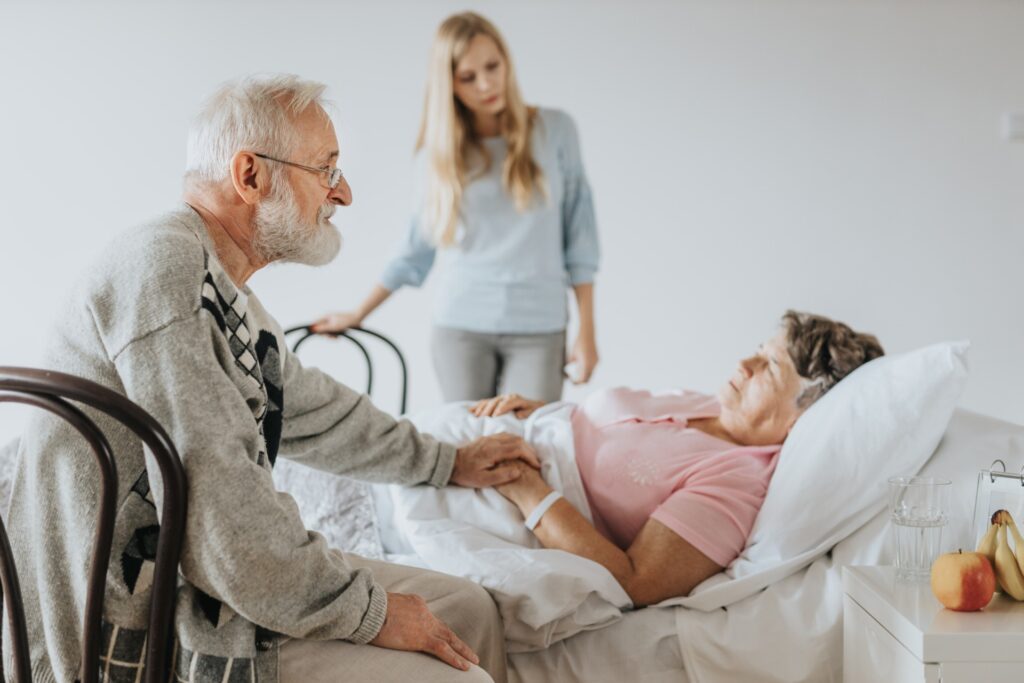
Eight hours per night: it’s the sleep rule most people learn. It’s not always that simple, though, and there’s no one-size-fits-all solution. Individuals’ sleep needs change as they age, with genetics playing a secondary role. Duration does not indicate sleep quality, and numerous factors affect a person’s ability to fall and remain asleep. Here, we’ll offer a few tips to help seniors maximize the value of their sleep.
How Much Sleep Should Seniors Get?
Generally, sleep needs decrease with age. The National Sleep Foundation suggests seven to eight hours per night for those over 65; younger adults need slightly more. Statistical averages and individual needs are different, and seniors in an assisted living facility shouldn’t be concerned if they sleep as much as they did when they were younger.
Sleep Patterns Change with Age
Duration isn’t the only aspect of sleep that changes with age. Many seniors shift their schedules, so they go to bed and wake up earlier, but some deal with sleep issues. Insomnia is common in older adults, and it can be a result and an indicator of multiple medical conditions. If poor sleep is affecting health or quality of life, consider seeking professional advice.
The Connection Between Sleep and Health
Sleep is crucial to our health and well-being. Poor health affects sleep, and low-quality sleep determines health. If a senior has an underlying condition, poor sleep may make it worse. Those who get less than seven hours of sleep a night are more susceptible to heart disease, cancer, and other conditions. In turn, these issues make sleep worse, creating an unending cycle.

Tips on Better Sleep for Seniors
Sleep problems are notoriously difficult to solve. Most sleeping pills are unsafe for older adults, and medication increases the risk of falls, accidents, and addiction. By comparison, lifestyle changes offer significant and long-lasting improvements. Seniors should try:
- Decreasing caffeine intake. Seniors working on their sleep habits should consume less caffeine, including that found in chocolate and other treats.
- Getting some movement in. Exercising during the day tends to help a person sleep better at night, but it is best to avoid strenuous workouts for about four hours before bed.
- Setting a schedule. Those who go to bed and rise at the same time every day get better sleep.
- Developing a bedtime routine. Taking a hot bath, meditating, reading, or listening to soothing music may help.
- Sleep in a dark, cool, and comfortable room. Adjusting thermostat settings, changing bedding, and getting a better mattress are all great ideas.
- Monitoring water intake. Seniors who reduce fluids immediately before bed make fewer nighttime bathroom trips.
- Creating a stress management plan. Talking to friends, support group meetings and therapy make life seem more doable.
- Limiting in-bed activities. Beds are meant for sleep, not tossing and turning. If sleep doesn’t come after a few minutes, getting up and moving around helps the brain connect bed and sleep.
With these changes and help from the team at Park View Place, seniors will enjoy a warm and welcoming environment conducive to sleep and better overall health.
Also read: Youfit Hours of Operations [Updated 2023]
Sleep Better and Feel Better
All these factors improve sleep and well-being, but there’s one we haven’t mentioned: stronger relationships. At Park View Place, seniors will form the lasting connections needed to live a healthier life and sleep better at night.



